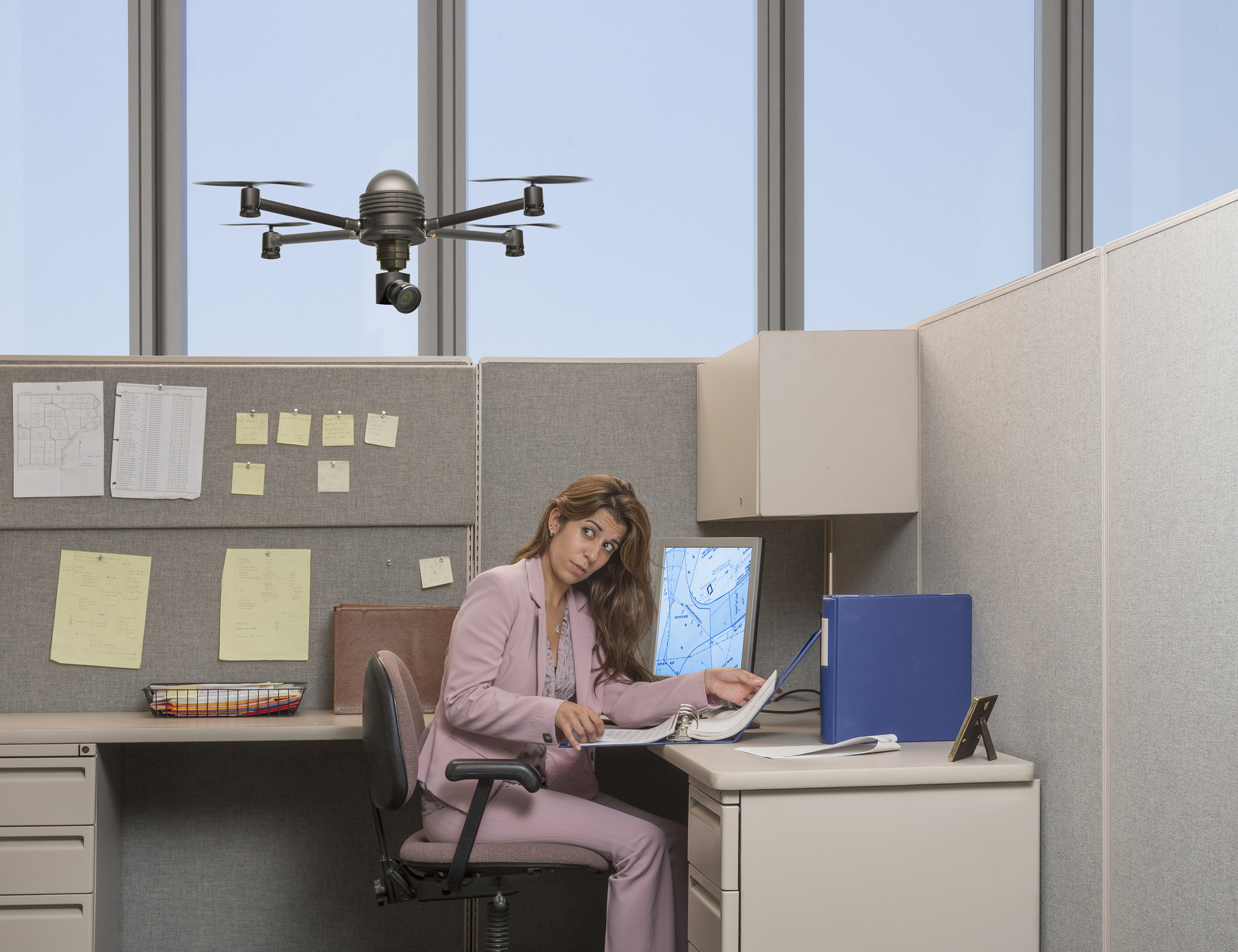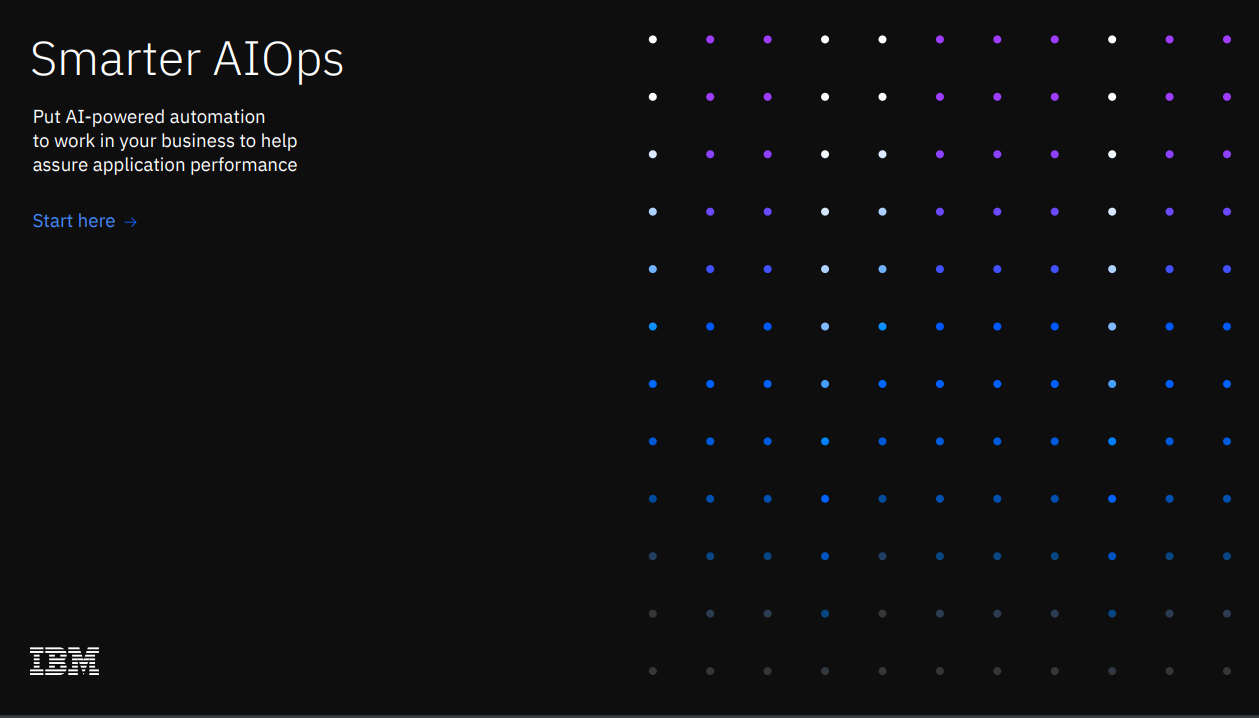Employee surveillance tech risks “spiralling out of control”, TUC warns
The union body warns use of monitoring technologies could lead to widespread discrimination and unfair treatment.


Intrusive worker surveillance tech risks spiralling out of control without stronger regulation to protect workers, the TUC warned today.
The union body said if left unchecked, these technologies could lead to widespread discrimination, work intensification, and unfair treatment.
60% of workers believe they’ve been subject to some form of surveillance and monitoring at their current or most recent job, according to a new survey published by the TUC. It said that workplace surveillance tech took off during the pandemic as employers transferred to more remote forms of work.
Surveillance includes monitoring of emails and files, webcams on work computers, tracking of when and how much a worker is typing, calls made, and movements made by the worker which is monitored through CCTV and trackable devices.
28% of those polled agree monitoring and surveillance at work have increased since the pandemic, and there's also been a notable increase in workers reporting surveillance in the past year alone - 60% in 2021, compared to 53% in 2020.
“Workers and unions must be properly consulted on the use of AI, and be protected from its punitive ways of working,” said Frances O’Grady, TUC general secretary. “And it's time for ministers to bring forward the long-awaited employment bill to give workers a right to disconnect and properly switch off outside of working hours.”
The TUC highlighted the Post Office scandal as part of its call for stronger regulation, underlining that hundreds were wrongly prosecuted for theft and false accounting after a software error. It said that it must be a turning point on uncritical use of worker monitoring tech and AI.
Get the ITPro daily newsletter
Sign up today and you will receive a free copy of our Future Focus 2025 report - the leading guidance on AI, cybersecurity and other IT challenges as per 700+ senior executives
It stated that the creeping role of AI and tech-driven workplace surveillance is spreading beyond the gig economy into the rest of the labour market. The sectors with the greatest proportion of workers reporting surveillance are financial services with 74%, wholesale and retail with 73%, and utilities with 73%.
The union body warned that there’s a huge lack of transparency over the use of AI at work, with many employees unsure of how surveillance tech is being used to make decisions that directly affect them.
Automated decision making via AI includes selecting candidates for interviews, day-to-day line management, performance ratings, shift allocations, and deciding who is disciplined or made redundant.
The TUC added that AI tech is also being used to analyse facial expressions, tone of voice, and accents to assess candidates’ suitability for roles.
RELATED RESOURCE

To combat the rise of this technology, the union body is calling for a statutory duty to consult trade unions before an employer introduces the use of AI and automated decision-making systems. It also demanded an employment bill that includes the right to disconnect, along with digital rights to improve transparency around the use of surveillance tech. Lastly, it also asked for a universal right to human review high-risk decisions made by technology.
The TUC pointed out the government recently consulted on diluting GDPR as part of its post-Brexit divergence agenda, despite it providing some key protections for workers against surveillance tech.
It added that the EU is currently putting in place laws dealing specifically with the use of AI, whereas the UK doesn’t have anything like this. The TUC said this is yet another example of the UK falling behind its EU counterparts on workers’ rights.
The TUC found significant and growing support among workers for stronger regulation of workplace surveillance tech. 82% support a legal requirement to consult before introducing monitoring, compared to 75% in 2020. 77% support no monitoring outside working hours, while 72% say that without careful regulation, using tech to make decisions about workers could increase unfair treatment.
Zach Marzouk is a former ITPro, CloudPro, and ChannelPro staff writer, covering topics like security, privacy, worker rights, and startups, primarily in the Asia Pacific and the US regions. Zach joined ITPro in 2017 where he was introduced to the world of B2B technology as a junior staff writer, before he returned to Argentina in 2018, working in communications and as a copywriter. In 2021, he made his way back to ITPro as a staff writer during the pandemic, before joining the world of freelance in 2022.
-
 The Race Is On for Higher Ed to Adapt: Equity in Hyflex Learning
The Race Is On for Higher Ed to Adapt: Equity in Hyflex LearningBy ITPro
-
 Google faces 'first of its kind' class action for search ads overcharging in UK
Google faces 'first of its kind' class action for search ads overcharging in UKNews Google faces a "first of its kind" £5 billion lawsuit in the UK over accusations it has a monopoly in digital advertising that allows it to overcharge customers.
By Nicole Kobie
-
 IT professionals aren’t budging on flexible work demands – and more than half say they’ll quit if employers don’t meet expectations
IT professionals aren’t budging on flexible work demands – and more than half say they’ll quit if employers don’t meet expectationsNews Analysis from Randstad shows 40% of UK-based IT pros have quit over a lack of flexible work options, while 31% of workers globally have done the same.
By Ross Kelly
-
 Starmer bets big on AI to unlock public sector savings
Starmer bets big on AI to unlock public sector savingsNews AI adoption could be a major boon for the UK and save taxpayers billions, according to prime minister Keir Starmer.
By George Fitzmaurice
-
 UK government targets ‘startup’ mindset in AI funding overhaul
UK government targets ‘startup’ mindset in AI funding overhaulNews Public sector AI funding will be overhauled in the UK in a bid to simplify processes and push more projects into development.
By George Fitzmaurice
-
 'The tide seems to be turning towards office attendance': 64% of hybrid business leaders want staff back in the office – but many worry that enforcing RTO mandates will drive employees away
'The tide seems to be turning towards office attendance': 64% of hybrid business leaders want staff back in the office – but many worry that enforcing RTO mandates will drive employees awayAnalysis Many UK business leaders want their staff back in the office more frequently, but they’re scared to implement return to office (RTO) mandates in fear of worker revolts.
By George Fitzmaurice
-
 UK government signs up Anthropic to improve public services
UK government signs up Anthropic to improve public servicesNews The UK government has signed a memorandum of understanding with Anthropic to explore how the company's Claude AI assistant could be used to improve access to public services.
By Emma Woollacott
-
 The UK’s AI ambitions face one major hurdle – finding enough home-grown talent
The UK’s AI ambitions face one major hurdle – finding enough home-grown talentNews Research shows UK enterprises are struggling to fill AI roles, raising concerns over the country's ability to meet expectations in the global AI race.
By Emma Woollacott
-
 US government urged to overhaul outdated technology
US government urged to overhaul outdated technologyNews A review from the US Government Accountability Office (GAO) has found legacy technology and outdated IT systems are negatively impacting efficiency.
By George Fitzmaurice
-
 Employees are dead set on flexible working arrangements – three quarters would turn down a role that didn't offer hybrid options as work-life balance becomes more important than pay
Employees are dead set on flexible working arrangements – three quarters would turn down a role that didn't offer hybrid options as work-life balance becomes more important than payNews New research shows workers are increasingly demanding flexible working arrangements from employers.
By Emma Woollacott